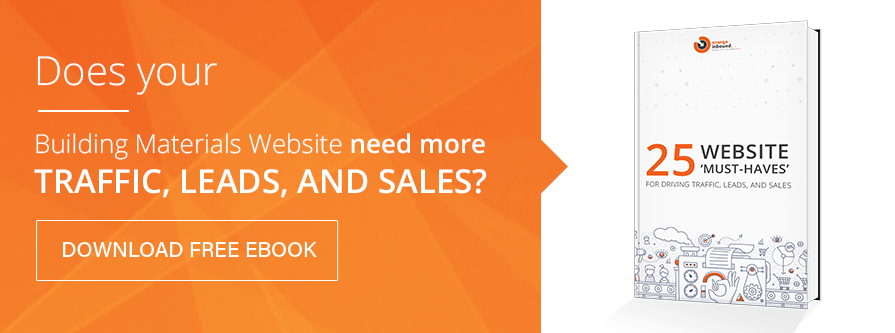Regardless of your tactics, speed matters. Whether you respond quickly to new leads or simply need your website to load quickly, the concept is essential for success. From planning to execution, it will impact almost every part of your marketing strategy. More specifically, here are 3 ways in which speed will affect your digital marketing.
1. Speed in Planning
As a digital marketer, you need to be flexible. Google changes its search algorithm multiple times during a single year, while social media networks like Facebook and Instagram make updates to their news feed and add new features at the same rate. How quickly you adjust your strategy to accommodate the new normal can have a significant impact on how successful your digital marketing efforts will be.
Google's algorithm is a perfect example. Over the years, major updates from Panda to the aptly nicknamed Mobilegeddon have forced marketers across industries to adjust on the fly. When the credibility of backlinks began to matter, disavowing questionable links became a crucial exercise. As mobile searches increased, a non-responsive website could hurt your search engine optimization (SEO).
The speed at which marketers adjust to these updates often makes the difference between staying ahead of the competition and having to dig your way out of a penalty. If you're not quick enough in making adjustments, you risk falling behind your competition.
2. Speed in Responding
Of course, the need for speed in digital marketing goes beyond building a flexible strategy. The age of social media has introduced a need to respond almost instantaneously when requests come in. In fact, one study showed that the majority of your audience expects a response to any social media inquiry in less than an hour, while 33% are looking for a response time of 30 minutes or less.
Speed in responding becomes even more important when considering the need to follow up with new sales leads. When a visitor on your website fills out a sign up form, they expect an instant payoff for their commitment. In fact, a landmark study by the Harvard Business Review found that if you follow up within an hour, your chance of turning it into a sales-qualified lead increases by 600%.
Not surprisingly, your response speed is another way to gain a competitive advantage. Despite the above statistics, research has shown that most brands only follow up with their inquiries and leads an average of more than 3 hours, and an alarming 47% of companies don't respond to leads at all. If you send a note quickly, your credibility (and chances of success) will rise drastically.
3. Technical Speed
Finally, it's impossible to discuss how speed affects online marketing without talking about the time it takes for your website to load. Any inbound-focused digital marketing strategy should be geared toward driving your audience to your website. But if that website loads slowly, you risk losing your potential customers' attention before even having a chance to communicate your message.
Improving your page load speed decreases your bounce rate, improves your SEO, and ultimately benefits your bottom line. Especially in the age of mobile internet usage, it's no longer optional; just last week, Facebook announced that it would stop showing ads to mobile users if the page to which they link loads too slowly.
Speed, in short, should permeate your digital marketing strategy. From planning to execution, you need to have a plan in place that allows you to adjust to any updates to the channels through which you spread your brand message, while simultaneously accommodating your audience's ever-increasing need for instant gratification.
To learn about improving your digital marketing speed, and to better understand whether your current speed is enough to satisfy your target audience, contact us.

